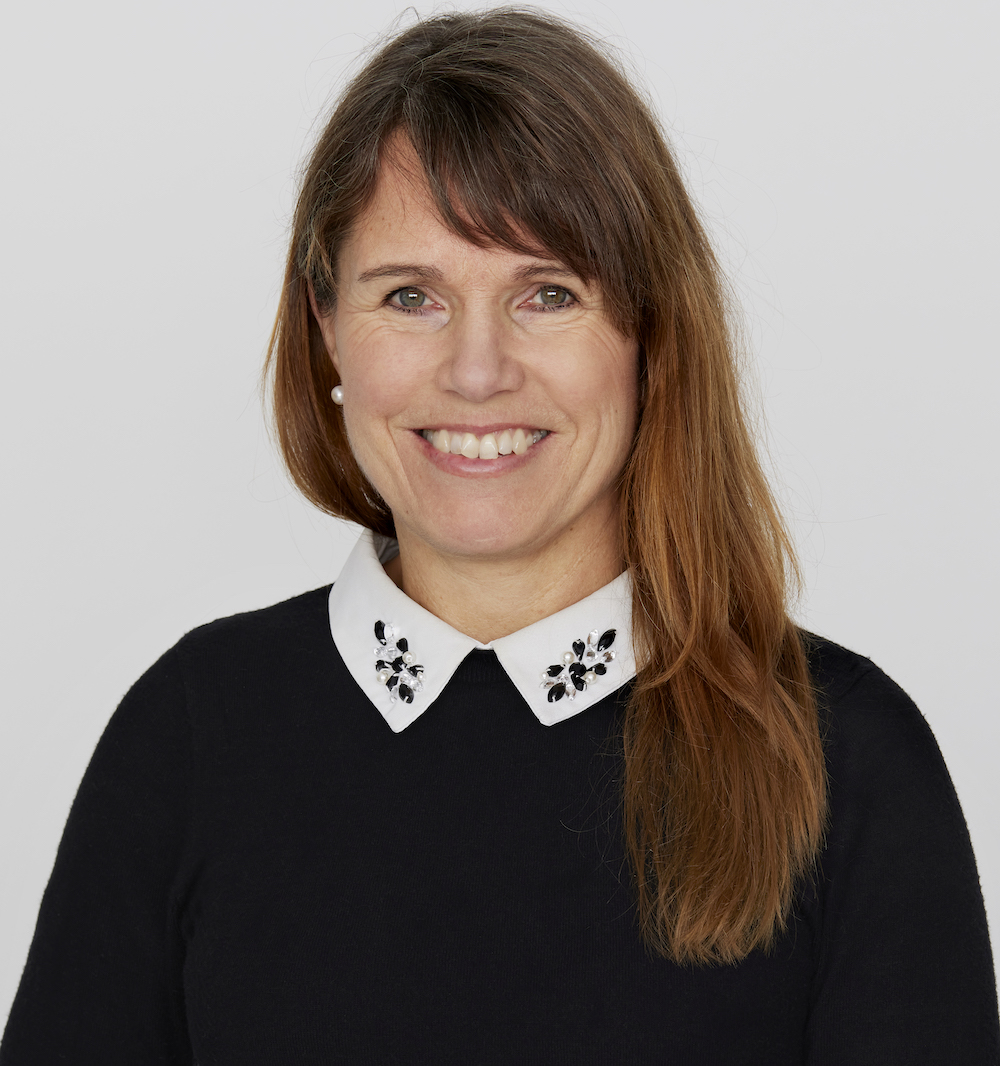
Meet Maria Hagardt, who works for VA (Public & Science) as International Relations & Communications Manager and is responsible for the ORION Communication Work Package.
Firstly, tell us a bit about VA
VA is a Swedish CSO based in Stockholm with the aim of promoting dialogue and openness between science and society. VA has some 90 member organisations; Swedish universities and research funders, along with business federations, science academies, science centres and museums. VA is the node for science communication and citizen science in Sweden. We develop new knowledge through studies as the annual VA Barometer, an attitude survey on Swedes’ attitudes to science and researchers, we develop and promote dialogue and new meeting formats and we conduct advocacy work related to Swedish and EU research policies. VA is the work package leader of communications and dissemination in the ORION project.
What comes to mind when you talk about Open Science?
I see Open Science as a new and inevitable way of doing science which I fully support, bearing in mind that there, of course, are challenges too. I am happy that the EU Member States have committed themselves to support the transition towards a system for Open Science. I also believe that time is ripe for engaging the society and citizens in science, thus implementing institutional change in research performing and research funding organisations (RPFOs).
What is the motivation behind VA getting involved in the ORION Open Science project?
We are very happy to be partners in ORION, since it gives us new experiences and know-how in the life sciences field. The ORION project is also a fantastic platform for knowledge exchange between partners on co-creation, public engagement, training and on Open Science processes. For us at VA, which is a small organisation, it's great to be part of a pan-European project that is co-creating new processes for engaging the public in science on an European level. VA is able to contribute expertise and knowledge in a number of ways, including building on experiences gained from the FP7 project RRI Tools, in which VA managed the Swedish hub but also from our expertise in public engagement and science communication.
What do you hope to achieve through the project?
I hope that we manage to open up the RPFOs which are involved in the project, and that we manage to stimulate change on a number of different levels, such as institutional, cultural and behavioural, and gain the commitment of staff throughout the organisations from researchers to senior management. I also hope that the results from ORION will be of wider use to, as well as inspire other organisations and that we will be able to influence science policy beyond the end of the project.
What do you see is the greatest challenge for ORION?
It is a large project, with many subtasks, so there is indeed a challenge to make the project run smoothly internally, and to deliver on time. However, we have a great team with considerable experience, and I am impressed by the ease that all issues have been solved with so far!
What do you personally find most interesting/exciting about the ORION project?
I like the variety of partners, and also the possibility to work with a more ‘narrow’ focus, i.e. life sciences, since VA has a very broad mission. Of course, I strongly believe in the underlying principles of the project, Open Science and Responsible Research and Innovation (RRI), and feel privileged to have the opportunity to work hands-on with what we learned from the RRI Tools project.
In one year, when the project is coming to an end, what is your dream scenario for ORION?
I hope that the processes for co-creation, public engagement and Open Science training that will be developed within the ORION project will be standard ingredients in the training of new scientists and research funders. I also hope that public engagement in science will become a standard operating procedure for all research performing and research funding institutions as well as a prerequisite in all public funding schemes in the EU.